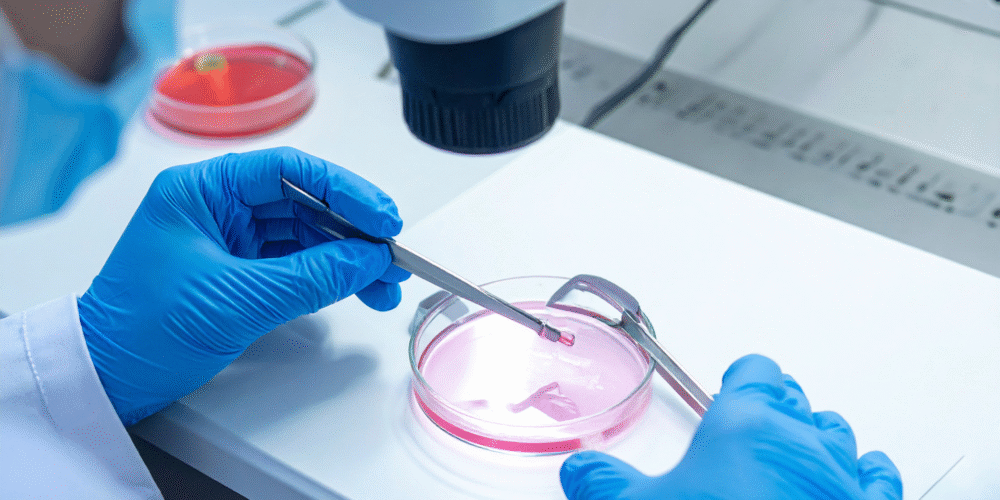
Mucinex and Fertility – Does It Work?
Fertility and pregnancy
When trying to conceive, couples often explore every possible option. One surprising topic that comes up in fertility discussions is Mucinex, a cough medicine. Many women ask whether it could improve their chances of pregnancy. But does Mucinex really help with fertility, or is it just an internet myth?
At Marylebone Diagnostic Centre, 73 Baker Street, London, we focus on science-based fertility testing and support. This blog explores the link between Mucinex and fertility, what research says, and the safer options available.
What is Mucinex?
Mucinex is an over-the-counter cough medicine. Its active ingredient, guaifenesin, works by thinning mucus in the airways, making coughs more productive.
Because it affects mucus in the lungs, some believe it might also affect cervical mucus, which plays an important role in conception.
Why is Mucinex linked to fertility?
Cervical mucus helps sperm travel through the cervix to reach the egg. If it is too thick, sperm may struggle to move effectively.
The theory is that Mucinex, by thinning mucus, could make cervical fluid more “sperm-friendly”. Some women report improved fertility after taking it during ovulation.
Is there scientific evidence?
Research into this idea is limited. A few small studies have suggested guaifenesin might improve cervical mucus in women with fertility issues. However, results are inconsistent, and most doctors do not recommend Mucinex as a standard fertility treatment.
Currently, there is no strong scientific evidence that Mucinex increases the chances of pregnancy.
Risks of self-medicating with Mucinex
While Mucinex is safe for cough relief, using it for fertility without medical advice carries risks:
- It may interact with other medicines.
- The effect on cervical mucus is uncertain.
- Fertility problems may be caused by other, more serious issues.
- Delaying proper testing can waste valuable time.
Self-medicating without professional support is not recommended.
Safer ways to boost fertility
Instead of relying on myths, there are proven steps to improve fertility:
- Healthy weight: Both underweight and overweight can affect fertility.
- Balanced diet: Rich in vitamins, minerals, and antioxidants.
- Avoid smoking and alcohol: Both reduce fertility in men and women.
- Manage stress: High stress can disrupt hormone balance.
- Regular fertility checks: Blood tests and semen analysis identify real issues.
At MDC, we offer a wide range of fertility blood tests and semen analysis with same-day results.
The role of fertility testing
If you are struggling to conceive, the first step should be medical testing. This can identify issues such as:
- Hormone imbalances
- Low sperm count or poor motility
- Ovulation problems
- Vitamin or mineral deficiencies
With clear results, you can take targeted steps to improve your chances naturally or with medical support.
FAQs about Mucinex and fertility
Mucinex has gained attention as a possible aid to fertility, but scientific evidence is limited. While some women report success, it is not a proven or recommended treatment. The safest approach is to start with professional fertility testing.
At Marylebone Diagnostic Centre, 73 Baker Street, London, we provide expert fertility testing, including hormone checks and semen analysis, with same-day results. Our team helps couples understand their fertility and take the next step with confidence.
Book your fertility test today at Marylebone Diagnostic Centre. Accurate results, trusted care, central London location.
73 Baker Street, London
+44 7495 970109
marylebonediagnosticcentre.com


